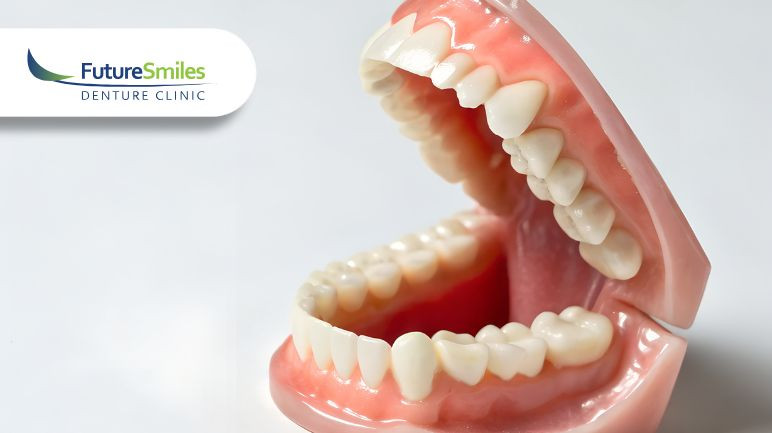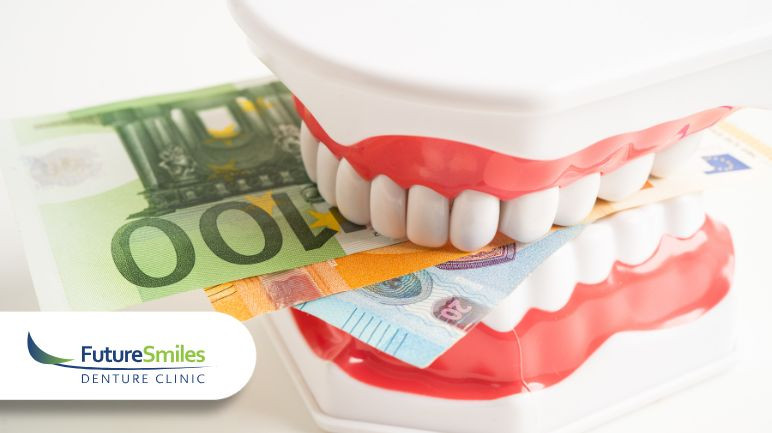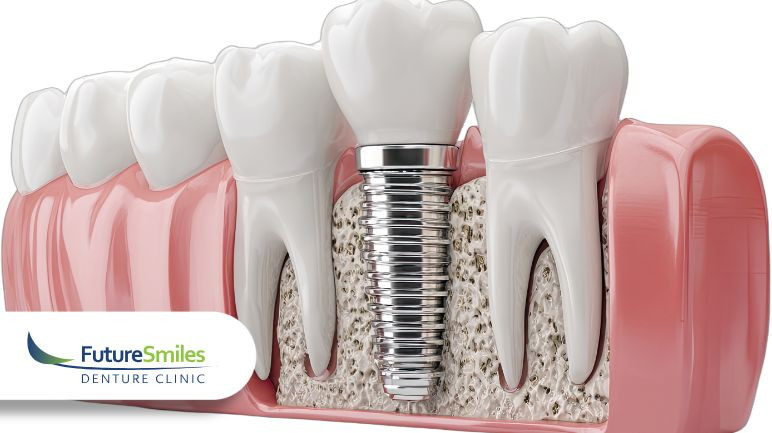What Makes A Good Candidate For Denture Implants?
Healthy Gums
Denture implants are placed in your gums and are positioned just how your natural teeth would be. It is crucial to have healthy gums to accurately hold the dentures in place as well as prevent other oral health concerns such as gum disease from occurring. If you currently suffer from gum disease, then your gingivitis or periodontitis will be treated first before moving forward with denture implants.
Healthy Jawbone
Denture implants are different from other tooth replacement restorations like bridges because they are surgically placed into the jawbone. The denture implant acts as an artificial tooth root that fuses to the jawbone for secure placement. It is essential to have a healthy jawbone to correctly anchor the implant in place. If you have an insufficient amount of healthy bone, you may be able to receive a bone graft to qualify you for implant surgery.
No Tobacco Use
Overall good oral health is required to qualify for denture implants. Smokers and tobacco users may not qualify for the procedure due to the detrimental effects of tobacco use on oral health. It can also get in the way of your recovery process after the denture implant has been placed putting you at increased risk of infection and longer recovery times. If you have a habit of smoking, your dentist may offer other alternatives to denture implants that align with your lifestyle.
The Denture Implant Procedure
After you have qualified for denture implants, your denturist will then make an appointment for your surgery date. During the surgery, your oral surgeon will make a cut along your gum where you have missing teeth to expose the bone. Holes are then drilled where the denture implant posts will be placed. These posts serve as a replacement for your tooth root, therefore they must be implanted deep into the bone. After the surgery, you will still have a gap where your missing teeth are located. You may have a temporary denture placed for cosmetic purposes until you are ready for the rest of your denture implant. Over the course of several months, your posts will fuse to your jawbone to provide a solid base for your artificial teeth.
Once your posts have fused with your jawbone, you will then be ready for the denture attachment. Your dentist will re-open your gums to expose the posts to which the denture will attach. Once the denture is secured, they will close your gums. After the procedure, you will require at least two weeks of healing time.
Denture Implants Future Smiles Calgary
If your dentist has recommended a denture implant or to explore your candidacy for denture implants, visit the knowledgeable and experienced staff at Future Smiles Denture Clinic in Calgary. Our team can answer all of your questions and can provide you with denture adjustments, relines, and rebases. Whether you have partial dentures or complete dentures, or if you are just starting your denture journey, Future Smiles Denture Clinic can help you understand your oral health while providing you with a healthy and beautiful smile. To speak with the team at Future Smiles Denture Clinic in Calgary, you can visit the SW Calgary Denture clinic on Macleod or the NE Calgary location in Coral Springs. To book a free consultation with our Calgary Denturist, call 1-403-475-0016 or fill out the online contact form.
FAQ
Q: How long is the recovery for denture implants?
A: The full recovery process for denture implants can take up to 8 months.
Q: Is denture implant surgery painful?
A: After your denture implant surgery, you may feel some discomfort during the first couple of weeks. Your denturist will provide you with a detailed recovery plan as well as instruction on how to care for your oral health as you heal.
Q: I’m looking for affordable denture solutions. What options do I have?
A: At Future Smiles Dentures Clinic, we know that Calgarians are looking for low-cost, stress-free denture payment plans. This is why we offer affordable denture solutions, including direct billing and financing.







